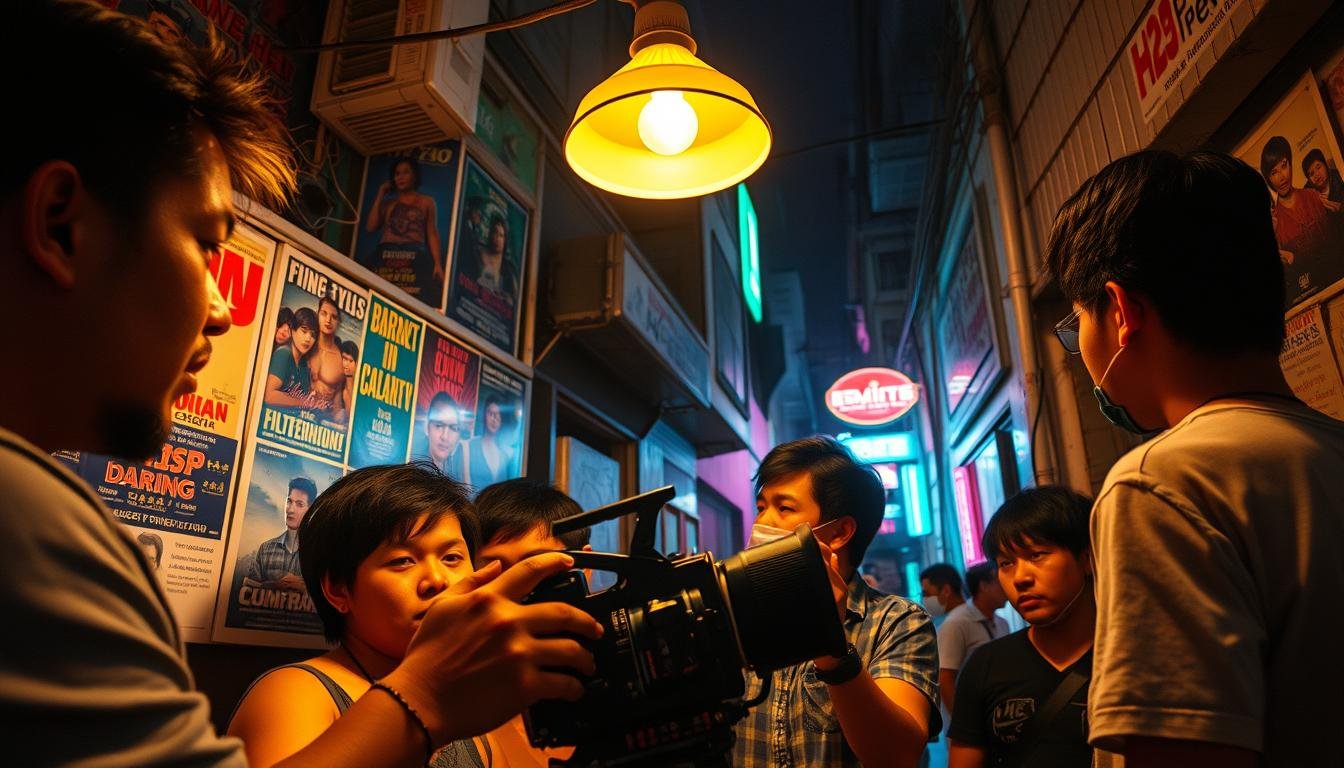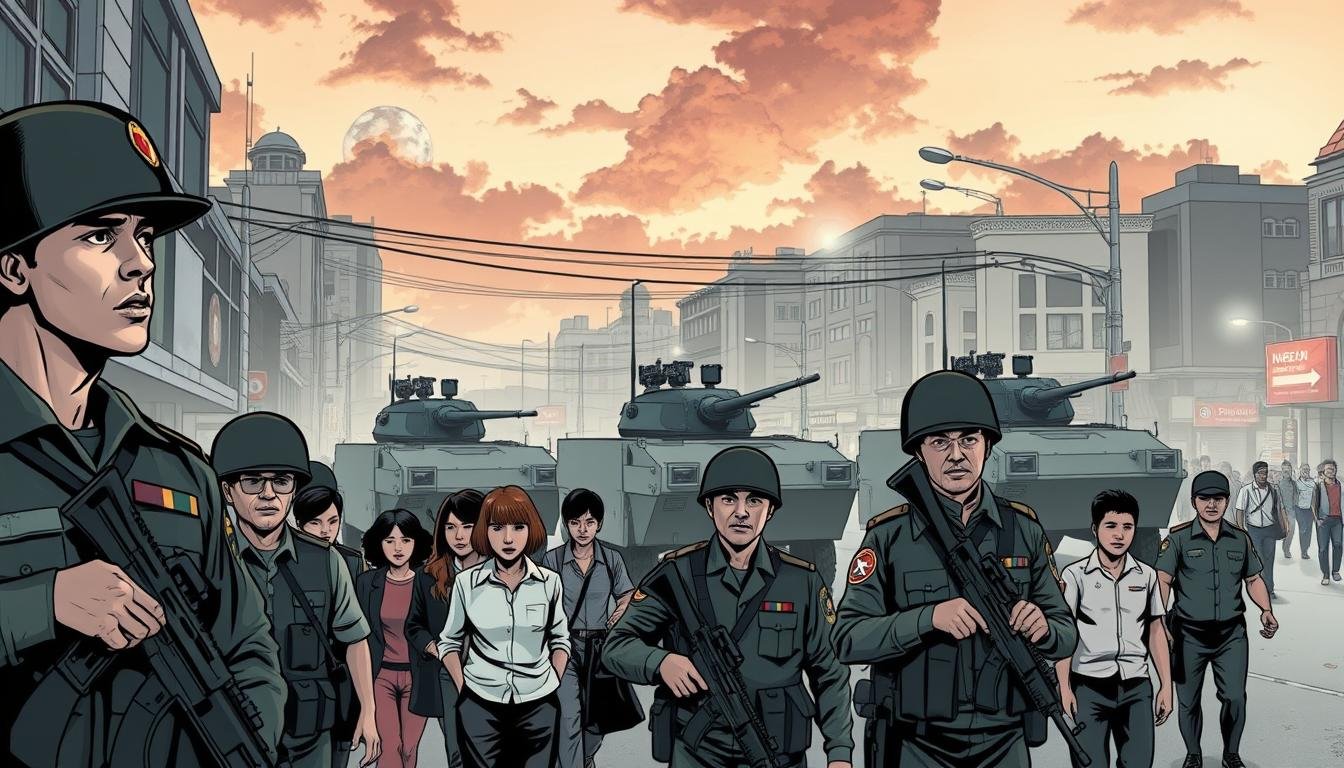The military has long played a significant role in shaping the political landscape of the Philippines. From ensuring national security to influencing governance, its presence is deeply intertwined with the country’s history and current affairs. Recent events, such as the Davao City bomb blast and the ongoing “war on drugs,” highlight the evolving responsibilities of…
Post-Independence / Republic Era
The Impact of Population Growth on Philippine Resources
The Philippines, like many nations, faces significant challenges due to the increasing number of people. From 1 billion globally in 1800 to an estimated 8.2 billion by 2025, the world has seen a dramatic rise in inhabitants. This trend has profound effects on natural resources, infrastructure, and the economy. In the Philippines, the rapid rise…
The Development of Filipino Underground Literature
Filipino literature has a rich history. One of its most interesting parts is underground literature. This genre emerged as a way for writers to share their views on social and political issues during colonial times and the fight for freedom. The underground literature movement was key in shaping the country’s culture. Today, Filipino literature, including…
The Development of Filipino Alternative Cinema
The Philippine cinema turned 100 in 2020, a big milestone in its history. Alternative cinema has been key, letting independent filmmakers share their work. Digital tech has made making movies easier and cheaper, helping independent films grow. Experts say independent films started booming in the 1990s with digital tech. Festivals like Cinemalaya, started in 2004,…
The Role of Filipino Exiles in the Anti-Marcos Movement
Filipino Exiles were key in the Anti-Marcos Movement, a big part of Philippine History. They helped form groups like the Katipunan ng mga Demokratikong Pilipino (KDP) and the Coalition Against the Marcos Dictatorship (CAMD). These groups were vital in fighting against Ferdinand Marcos’ rule and pushing for democracy in the Philippines. The Anti-Marcos Movement was…
The Impact of Martial Law on Philippine Civil Liberties
Martial Law had a huge impact on the Philippines, especially on civil liberties. It lasted from 1972 to 1981. During this time, tens of thousands were arrested without reason. Many were tortured, disappeared, or killed. This period is key to understanding the value of civil liberties in the Philippines. The rule of Martial Law greatly…
The Rise of the People Power Movement
The People Power Movement was a key moment in Philippine history. It marked the shift from Ferdinand Marcos’s rule to a democratic government. This movement greatly influenced Philippine Democracy and left a lasting mark on the country. In 1985, a petition for Cory Aquino to run against President Marcos got over 1 million signatures. This…
The Impact of Martial Law on Philippine Social Justice
Martial Law had a huge impact on the Philippines, especially on Social Justice. In 1972, Martial Law was declared, changing the country’s history. It led to many arrests and detentions. Over 50,000 people were arrested and detained from 1972 to 1975. This shows how the regime ignored human rights and Social Justice. The Marcos regime…
The Development of Filipino Political Theater
Filipino theater history is rich and complex, showing the country’s cultural identity. The Philippines’ mix of indigenous, Spanish, American, and Japanese influences has shaped its political theater. This theater form expresses feelings against colonial rule, as seen in the University of the Philippines Sarsuwela Festival 2009. The cultural importance of sarsuwela performances shows how vital…
The Rise of Nationalist Movements in the 1960s
The 1960s marked a pivotal time in history, as nationalism surged across the globe. This era saw the rise of movements that sought to redefine the identity of nations and their people. Rooted in earlier revolutions, such as the French and American revolutions, these movements were driven by a desire for self-determination and cultural renewal….










